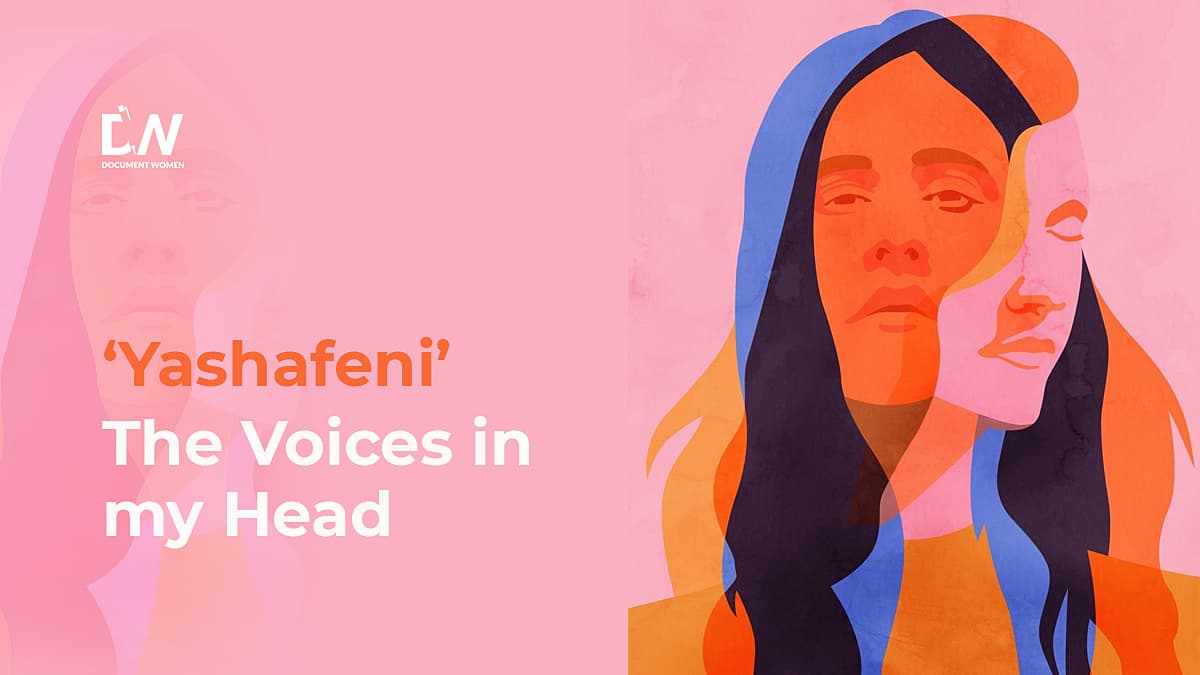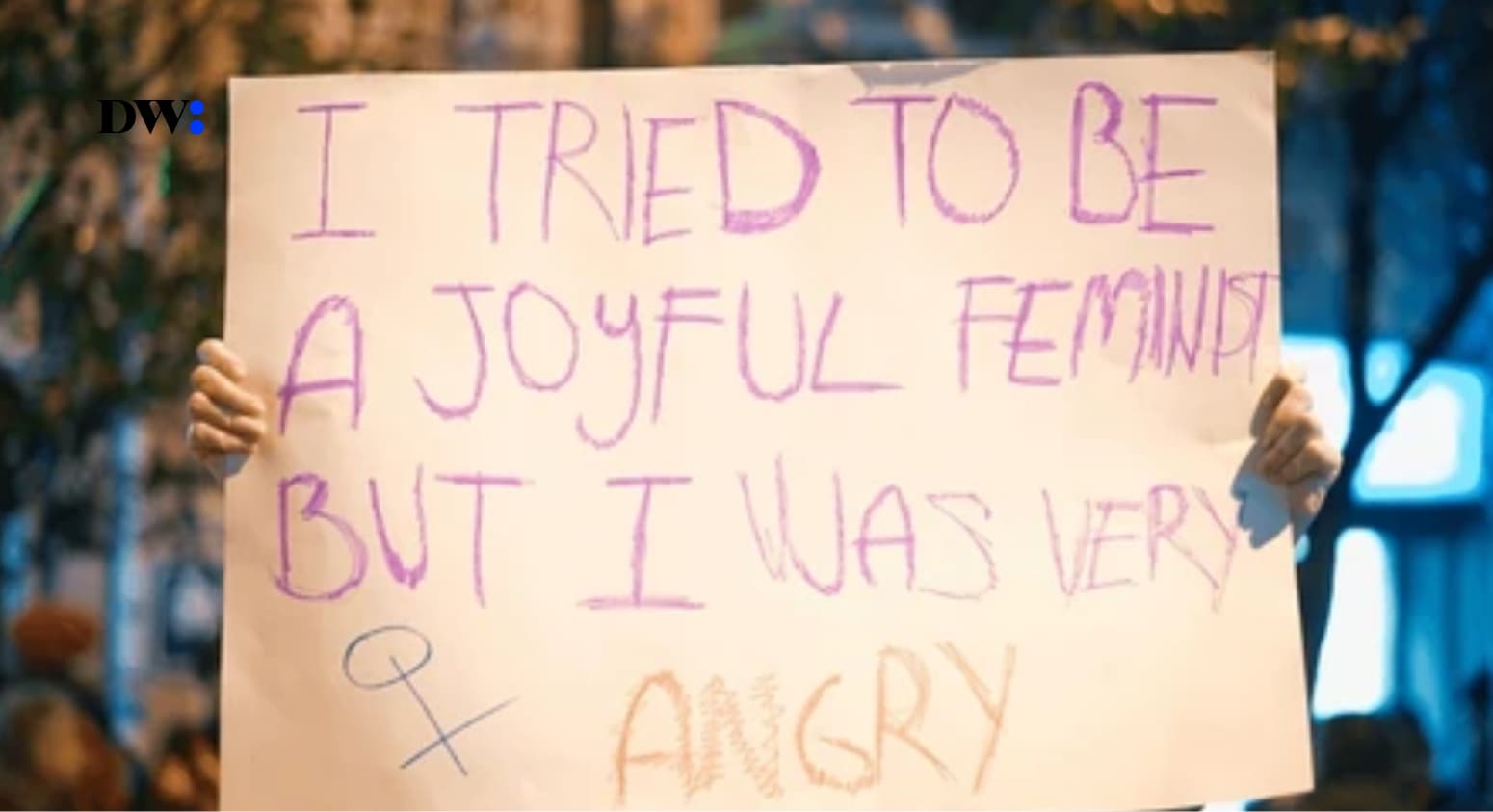It starts slowly, with the little things. You’re unmotivated – unable to study or work; unable to concentrate. Slowly, you start withdrawing from friends and family – choosing to stay in bed, away from the noise of the outside world.
You say no to activities that involve moving, interacting and socializing because they seem “tiring”. You’re always tired and lethargic. You have no reasonable sleeping pattern; you either sleep all the time or not at all. You become detached from reality – unsure what day of the week it is, what time it is; 2 pm looks a lot like 2 am. You are unable to cope with everyday problems – be it choosing what outfit to wear during the day, what to cook for dinner, or what task to accomplish during the day. You don’t have an appetite, or you eat excessively; your eating habit stops following any logical pattern. You’re always sad, needlessly feeling unhappy for reasons you don’t even know; you just feel hollow and empty inside. You have severe mood changes; you’re happy one minute and sad the next. You become easily irritable; things you would ignore or feel indifferent about on a regular day become big deals until you get the tendency to start reacting with violence.
You’re unable to maintain your relationships – you don’t call, text or visit as often as you used to; reaching out to others seems more stressful than it’s worth. You feel anxious or worried. You start having heart palpitations, shortness of breath and restlessness. Your mind is constantly racing – reminding you of past trauma, imagining new scenarios, and making you concerned about the uncertain future and the things you cannot control. You have emotional outbursts and dramatic mood changes; you feel angry all the time and nothing you do can make it better. You feel apathy and nervousness around other people. You stop smiling and playing around others, and lock yourself up – you and your thoughts.
You start to feel worthless – that you’re not good enough; that life would be better off if you’re not in it; that you’re an inconvenience to other people and that your absence would be beneficial to mankind. Eventually, you may begin to develop suicidal thoughts or convince yourself that life is not worth living. You tell yourself it would be better if you weren’t here; that you would be happier, more fulfilled, less empty. This is what mental illness did to B. It made her assume the worst and feel worthless. But these are just things she told herself; they were not necessarily true. Like B, some people feel like their lives are not worth living, but other people would argue that their lives are significantly better and more joyous because people like B are in them.
B is a ray of sunshine and an absolute delight to be around. Most importantly, B finally realized she was not alone in her journey. The healing started with her making small choices – calling the helpline, talking to someone, taking a shower one morning. She needed the validation that her life was worth living; and once she got just that, the voices in her head became just that. Simply voices. Voices that can be silenced.





